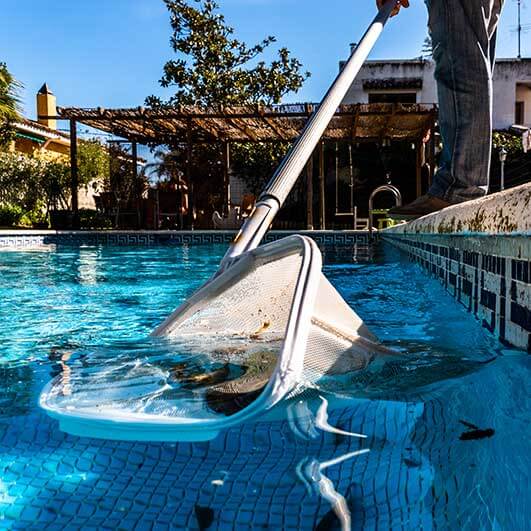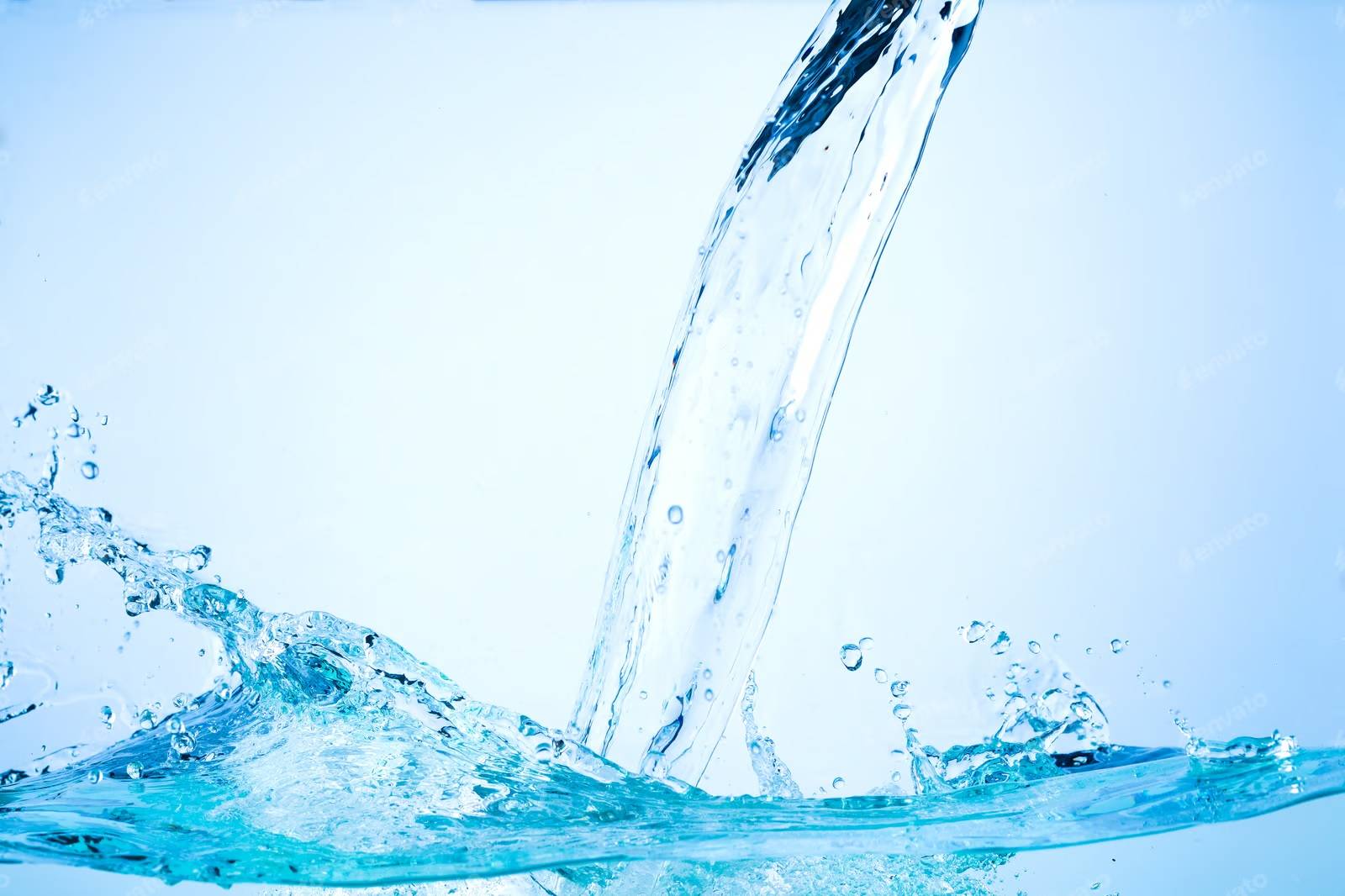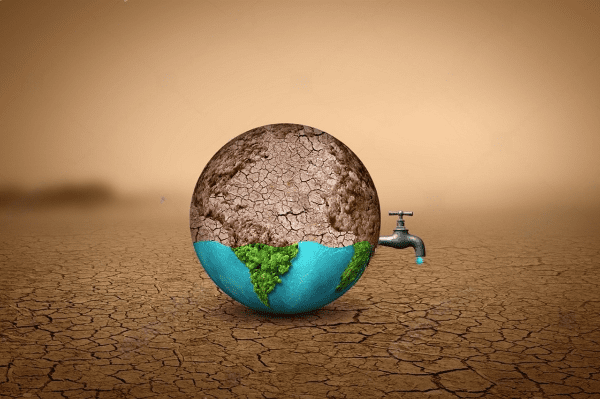LOCAL CLEAN WATER INITIATIVE LOCAL CLEAN WATER INITIATIVE LOCAL CLEAN WATER INITIATIVE
Survey Water Quality
Our team conducts thorough surveys to identify households interested in water testing and quality assessment.
Community Water Safety
Our initiative aims to ensure that every household has access to clean and safe drinking water.
Appointment
Once interested, we help you schedule an appointment for a comprehensive water quality testing service


Provide’s Eco Friendly Water Cleaning Service
We are dedicated to ensuring clean water for our community. Our team conducts door-to-door surveys to identify those interested in testing their water quality and setting up appointments for further assistance.
Water is life, and no living thing can survive without it, yet still so many people in the world do not have access to clean, safe water for drinking. This is a basic need not only for health and hygiene but altogether for well-being. The awareness of the importance of clean water with regard to our daily living will usher in the need for solutions to this global issue.

Clean water is important for the following reasons:
Health and Sanitation
Access to clean water is a cornerstone of public health. It prohibits the spread of certain waterborne diseases such as cholera, diarrhea, and typhoid that kill thousands daily, especially in developing countries. As much as it is not only used for drinking, water is also applied to cook, clean, and maintain proper hygiene.
Health and Sanitation
Access to clean water is a cornerstone of public health. It prohibits the spread of certain waterborne diseases such as cholera, diarrhea, and typhoid that kill thousands daily, especially in developing countries. As much as it is not only used for drinking, water is also applied to cook, clean, and maintain proper hygiene.
Environmental Sustainability
Clean water is vital to the functioning of an ecosystem. Rivers, lakes, and wetlands provide habitats for myriad species, support agriculture, and maintain natural processes such as climate regulation. Contamination of water sources disrupts these natural ecosystems and threatens biodiversity.

Economic Impact
Women and children in communities that have no source of clean water spend a lot of their time gathering water, hence spending less time either at school or at work. In this manner, it perpetuates poverty. On the other hand, access to clean water can spur economic growth by raising productivity, improving attendance at school, and reducing health care costs.

The Global Water Crisis
Despite its importance, not all have access to clean water. In fact, according to the World Health Organization, more than 2 billion people currently lack access to safely managed drinking water. Population growth, pollution, and generally high levels of inadequate infrastructure are just a few of the looming factors that make the task of securing this vital resource increasingly challenging for communities.
Water Scarcity:
- Several regions face acute shortages, with notable ones occurring in arid or drought-prone areas.
Contamination:
- Industrial waste, agricultural runoff, and poor sanitation practices are just three of many pollutants to water sources around the world.
Lack of Infrastructure:
- As is the case in many rural areas, communities lack the antiquated or non-existent infrastructure to support access to safe water
Solution:
Invest in Clean Water. The solution to the clean water crisis calls for collective action in all levels from local to national and global. Among the priority solutions:
- Water Filtration and Treatment: Ensuring that the community has technologies in water purification creates the reduction of diseases in the community.
- Improving Sanitation: Good sanitation facilities would avert the contamination of water sources.
- Conservation and Sustainability: Showcase water saving technologies and practices for agriculture, industry, and homes so the precious resource can be preserved.
- Education and Advocacy: Educating the masses why clean water matters in life and advocating for policies that ensure water resources are preserved-a long-term process.
The Harmful Aspects of Polluted Water
Water is life, but to many individuals in the world today, that vital ingredient is contaminated through pollution. Among the most important of the environmental issues being faced today is polluted water. It threatens ecosystems, human health, and economies on a worldwide basis. Understanding the deleterious effects of polluted water is an important first step toward taking action to protect and restore clean sources of water.
Human Health Risks
One of the most critical risks of water pollution is to human health. Water pollutants may carry harmful pathogens, chemicals, and toxins that are generally highly injurious to human health. Some of the common contaminants of polluted water include:
Pathogens include bacteria, viruses, and parasites like E. coli, cholera, and Giardia that cause diseases such as diarrhea, dysentery, and typhoid fever. Diseases spread through water borne vectors claim millions of lives annually, particularly among children in developing countries.
- Heavy Metals: The toxic metals, including lead, mercury, and arsenic caused by industrial emissions and mining processes, constitute a significant presence in water. These metals result in serious health issues and long-term injury, including developmental problems and disorders in children, kidney damage, and neurologic disorders.
- Chemical Pollutants: One of the most common features of agricultural runoff is that it carries pesticides and fertilizers into rivers and lakes. Such chemicals can contaminate sources of drinking water and interfere with hormonal and reproductive systems to create long-term health problems, such as cancer and birth defects.
Damage to Eco Systems
It does not only affect human beings but has also taken its toll on ecosystems and diversity. The pollutants present in water destroy the self-generated homes of the living organisms and the food chains that generate them, causing further imbalance with serious aftereffects.
- Water Life: The oxygen level in aquatic water may be greatly reduced by polluted water; hence, it reduces the lives of fish and any other life living in the water. It is called **eutrophication**; the excessive nutrients from fertilizers often cause algal bloom that deplete the water of its oxygen.
- Biodiversity Loss: Polluted water puts the entire ecosystem in jeopardy. Species sensitive to changes in water quality, such as amphibians and freshwater fish, can die off or relocate, thus disrupting the fragile balance of local ecosystems.
- Bioaccumulation: The various toxins, like mercury and PCBs (polychlorinated biphenyls), directly affect the aquatic animals, and through the food chain, accumulate in predators, including humans consuming the infected fish and shellfish.
Economic Consequences
Water pollution entails a very high economic cost, which is quantifiable regarding losses in agriculture, fishing, tourism, and public health.
- Agriculture: Farmers use water for irrigation. Once polluted, crop yield decreases; the soil can be contaminated and agricultural land will be destroyed for a long time. This leads to economic losses among farmers and ultimately adds to food insecurity.
- Fishing and Aquaculture: Polluted water kills fish and other aquatic species, directly affecting livelihoods in fishing and aquaculture industries. In addition, it contributes to losses within the areas of food and economy when such communities depend mainly on fishing.
- Tourism: A clean beach, river, and lake attract tourists in many parts of the world. In addition to destroying the scenery, water pollution can also make visitors ill, thereby further reducing tourist revenue.
- Public Health Costs: The prevalence of waterborne diseases and long-term health effects from exposure to polluted water enhances a great burden to public health. Diseases due to contaminated water sources may be crippling in treatment, especially for poorer nations of low income.
Impact of Industrialization and Urbanization
One of the prime causes contributing to water pollution is the rapid growth of industrialization and urbanization. More growth in towns and multiplication of industries translate to more pollutants coming into the rivers, lakes, and oceans.
- Industrial Waste: Chemical factories and manufacturing production plants contribute to discharging their untreated or partially treated waste into water bodies. The released waste may be poisonous chemicals, heavy metals, and dangerous materials that may lead to the destruction of water supplies and aquatic life.
- Urban runoff: As cities grow, more and more land is covered by impermeable surfaces – that is, roads, buildings, etc. When it rains, the water runs off the impermeable surfaces, carrying with it oil, litter, and chemicals into rivers and lakes.
- Plastic Pollution: Plastics are considered one of the major pollutants of water, especially ocean water. The plastic wastes decompose into small particles commonly known as microplastics. These are consumed by the marine animals and eventually pass into the food chain. The plastic wastes dumped in water bodies have reached alarming levels and continue to harm wildlife, further threatening the survival of marine ecosystems.
Climate Change and Water Pollution
Climate change tends to worsen this problem. Rising temperatures and shifting weather patterns, resulting in storms, floods, and droughts becoming stronger and more frequent, give a very strong potential for water contamination since the floodwaters will collect various pollutants from industrial sites, agricultural fields, and urban areas and carry them into natural bodies of water.
Advantages of a Water Survey

Improved Water Quality Management:
A water survey aids in finding contaminants, pollutants, and other quality issues in sources of water. The earlier the detection, the more timely the corrective actions taken to make drinking water much safer and minimize risks associated with waterborne diseases.
Sustainable Water Resource Management:
It is also necessary to undertake audits regarding water supply and use data in order to propose long-term strategies concerning reasonable use. This is important for a sustainable use of the water in areas with scarcity or drought.
Informed Decision-Making:
The result of water surveys can enable governments, businesses, and societies to make more informed decisions on how to best allocate water, invest in infrastructure, and establish policies. This leads to more efficient and effective water management practices.
Protection of Ecosystems:
Water surveys give an insight into the health of aquatic ecosystems, while the management of water resources supports the best practicable way to benefit biodiversity. For ecological balance, protection of the rivers and lakes, including wetlands, is very important.
Economic Benefits:
Water surveys can highlight, for instance, the wasting of water in applications attributed to agriculture and industrial activities, thus enabling people to employ economically viable methods of water conservation. Application of water in an economically sensible manner reduces wastage, hence saving on operation costs.
